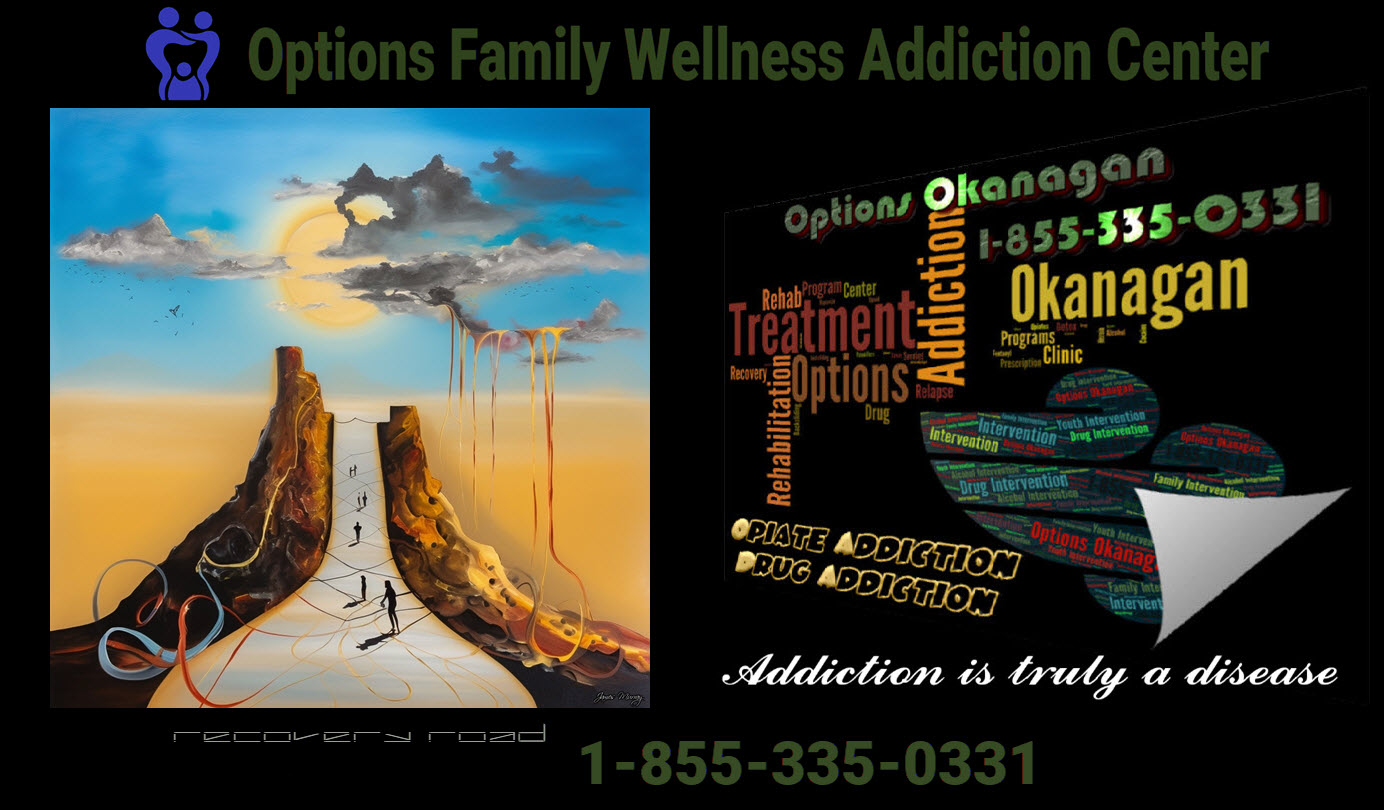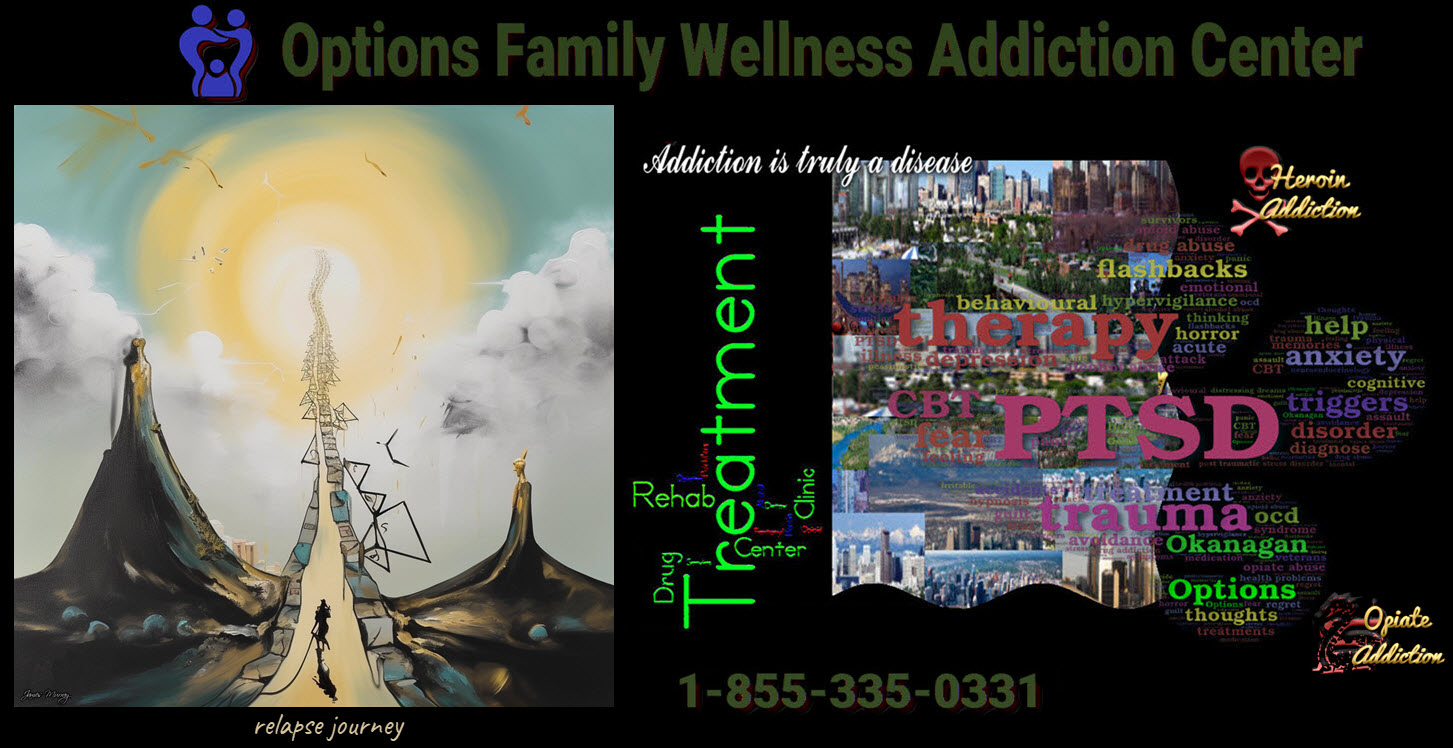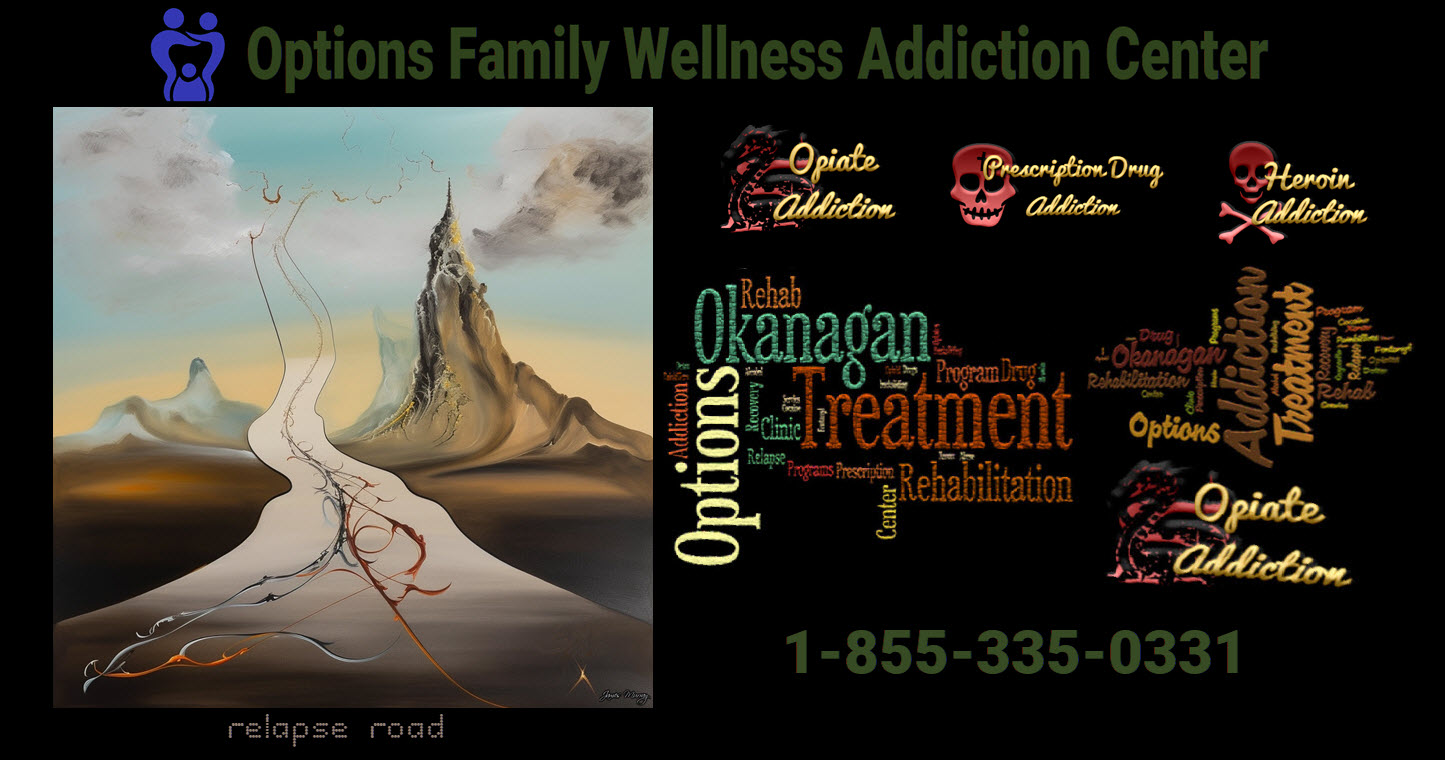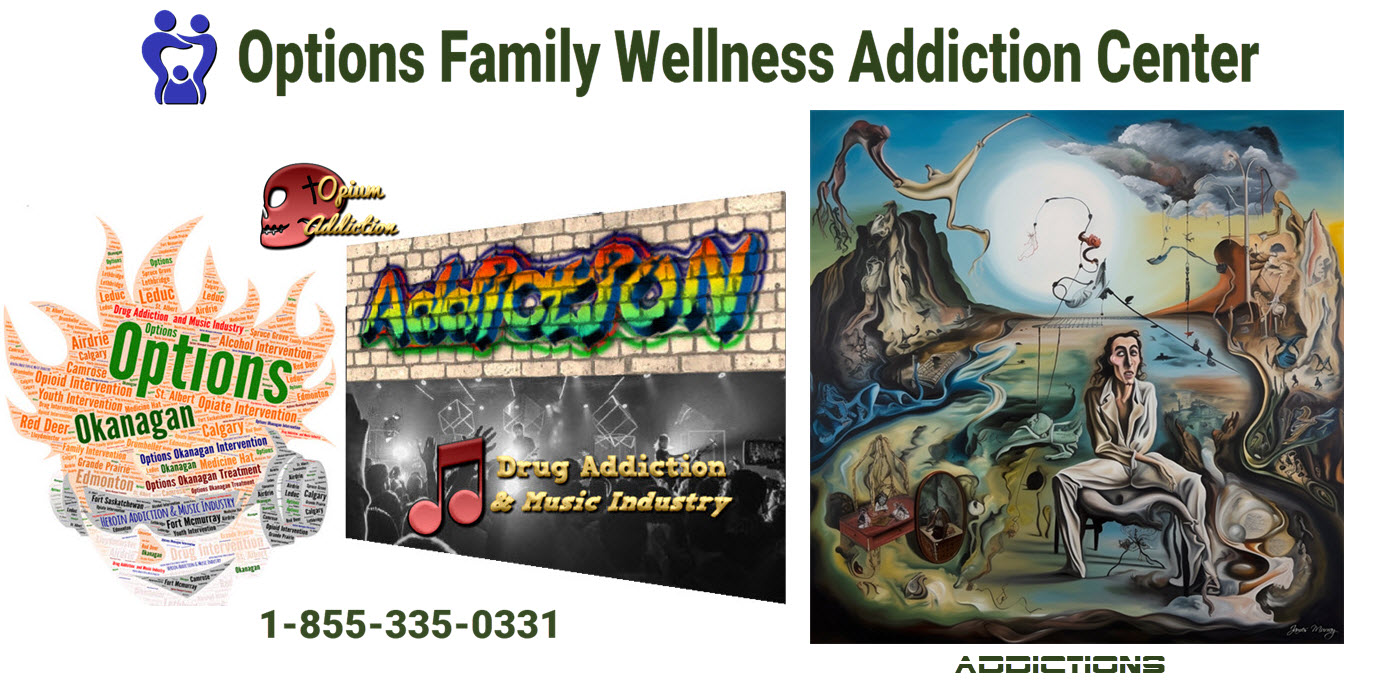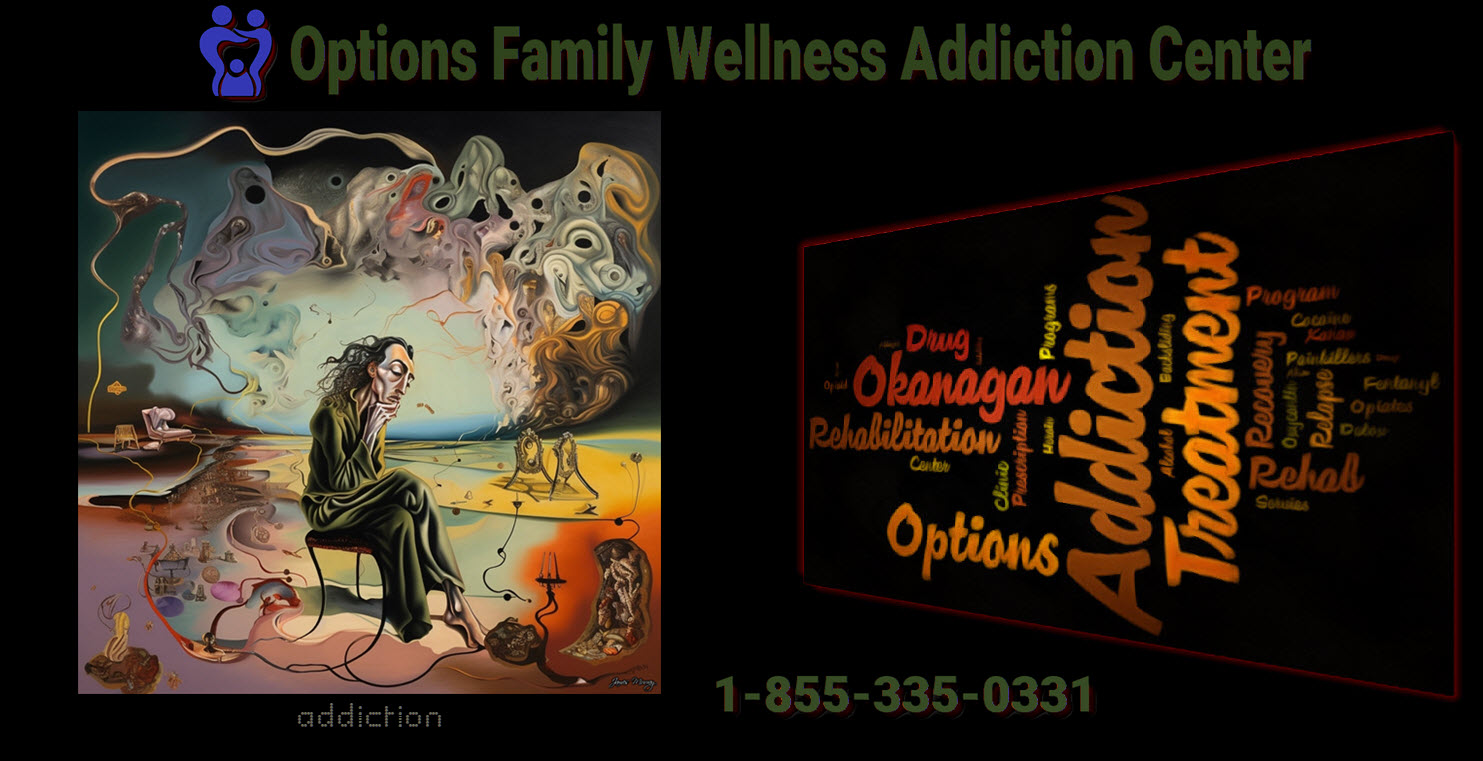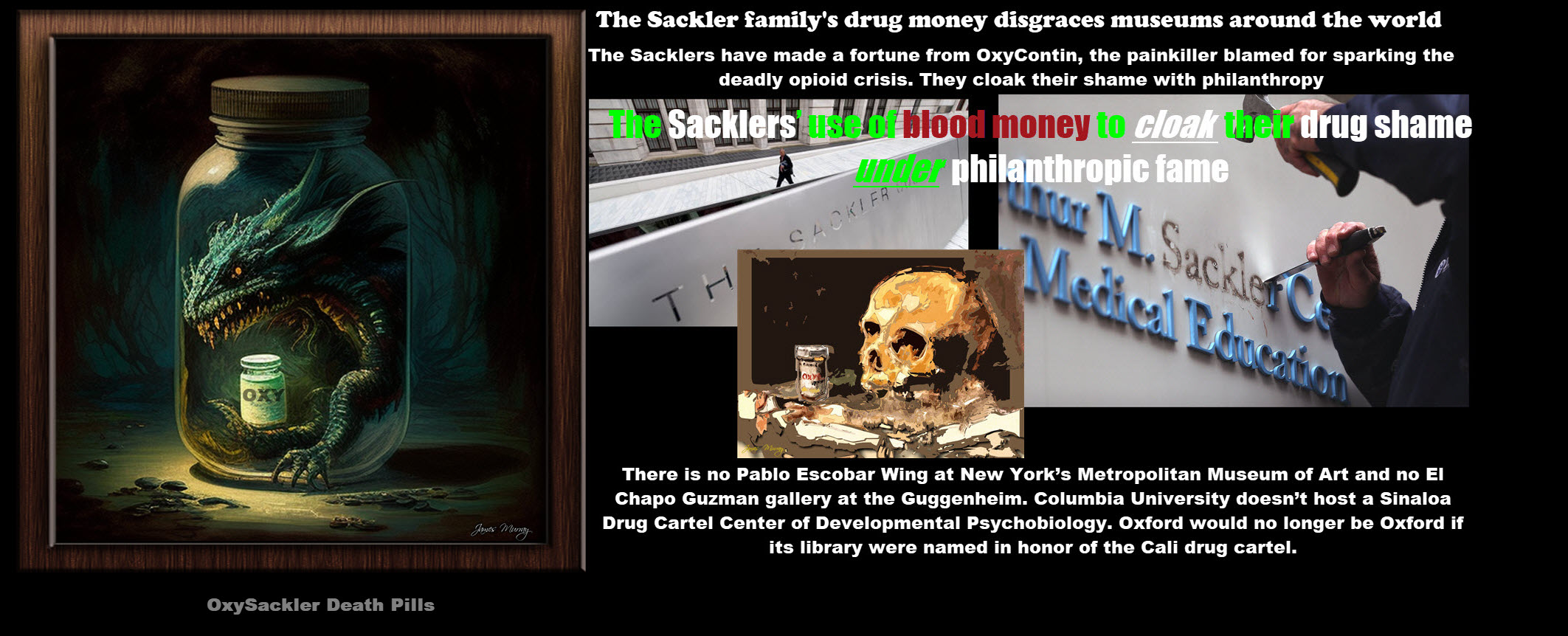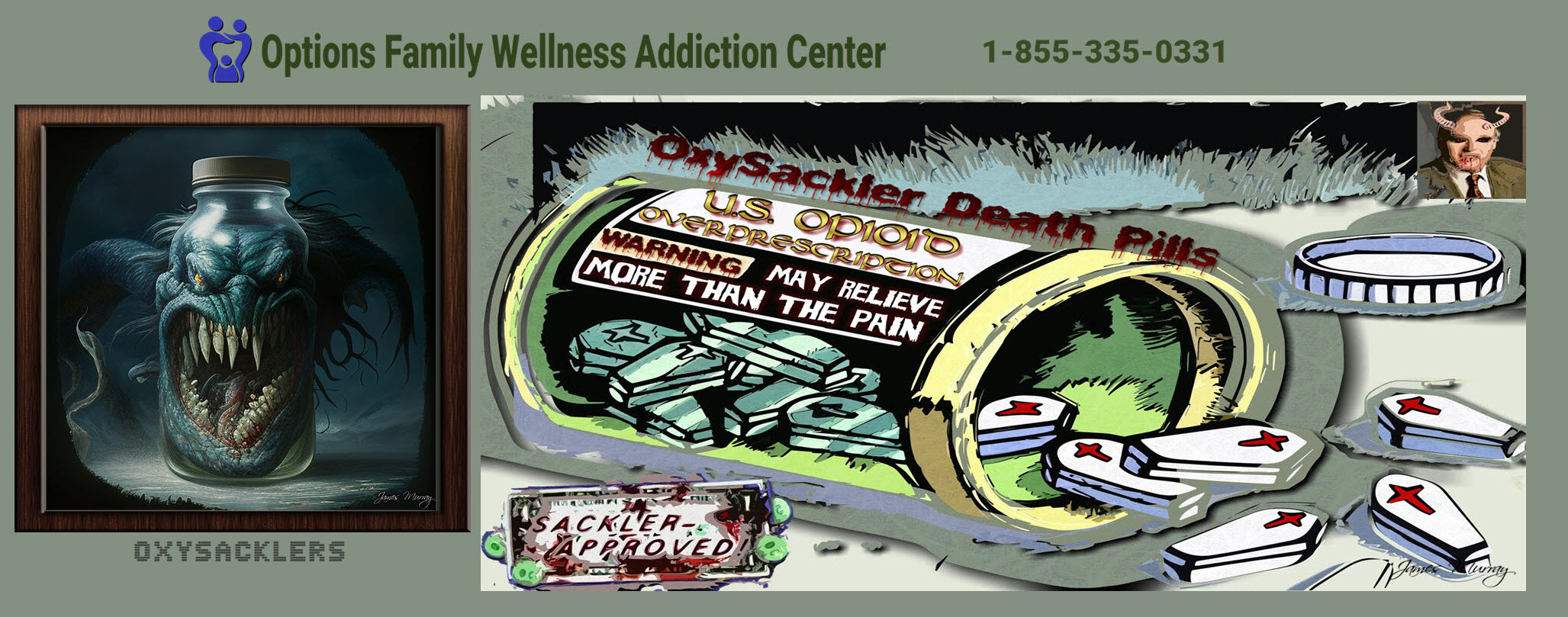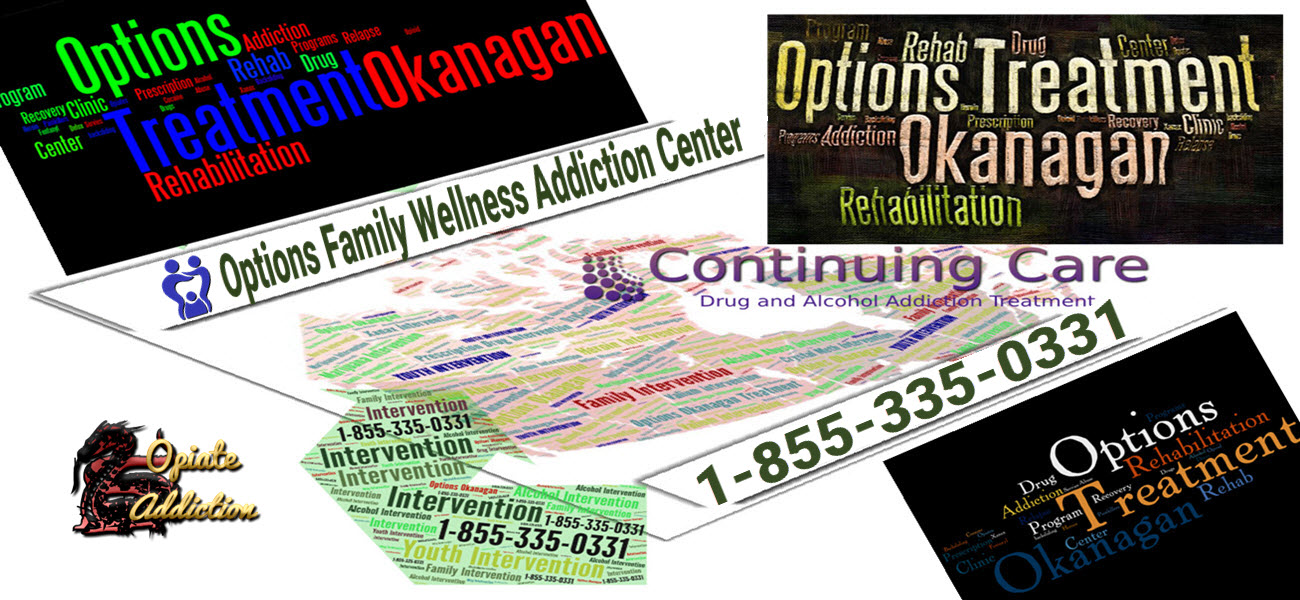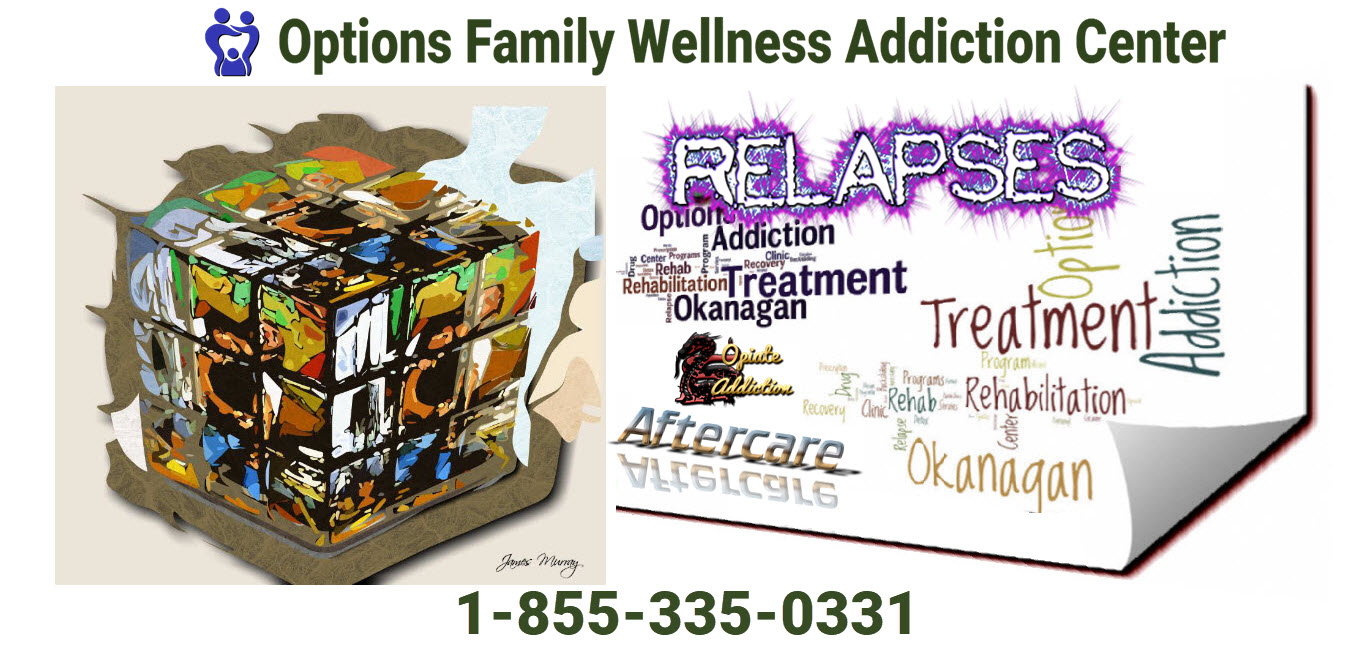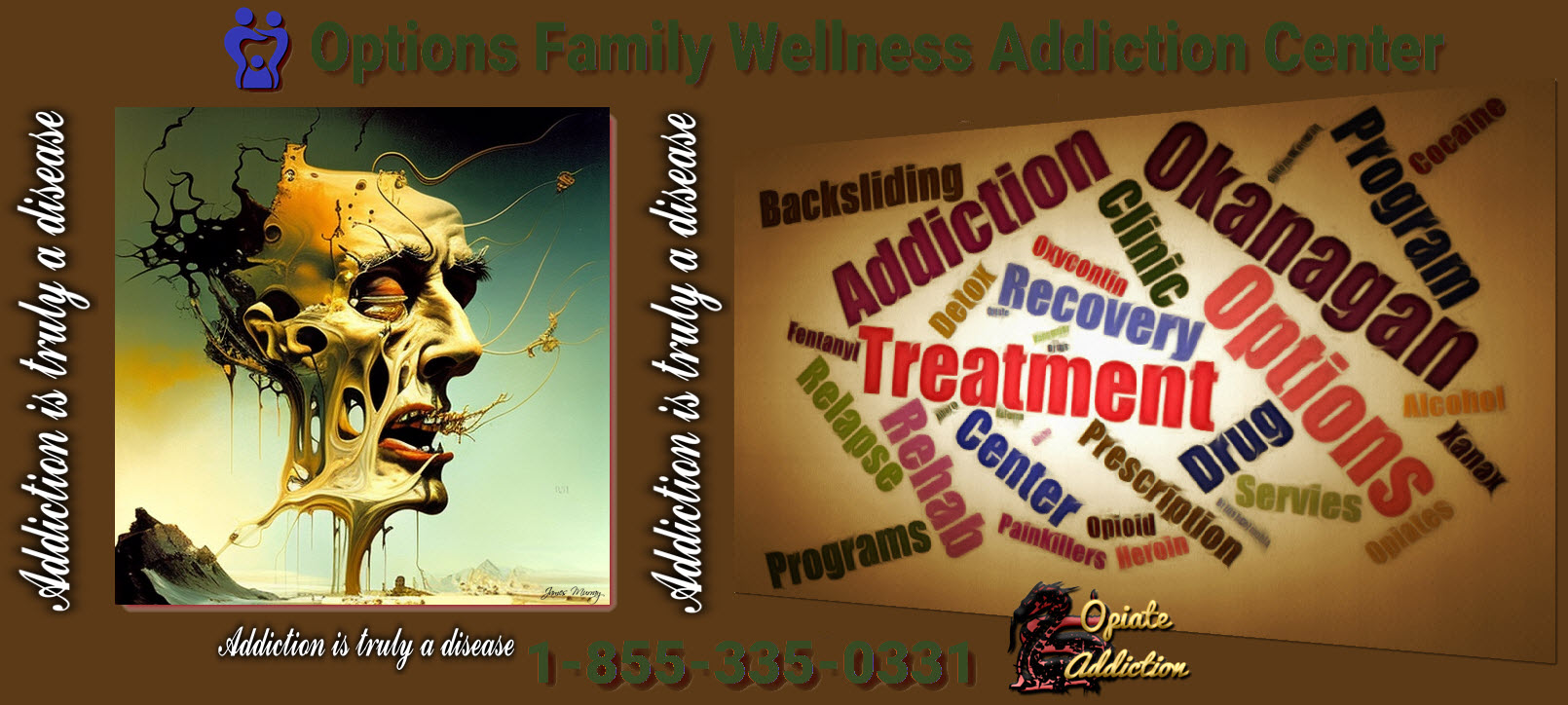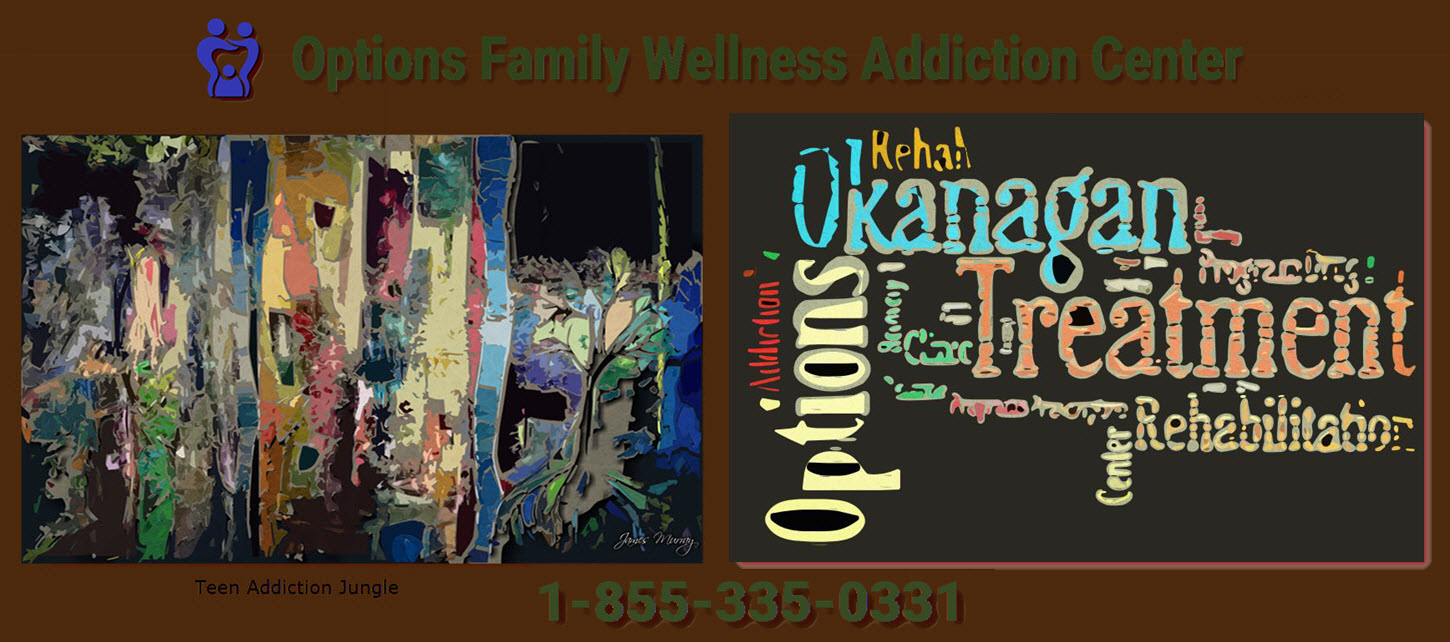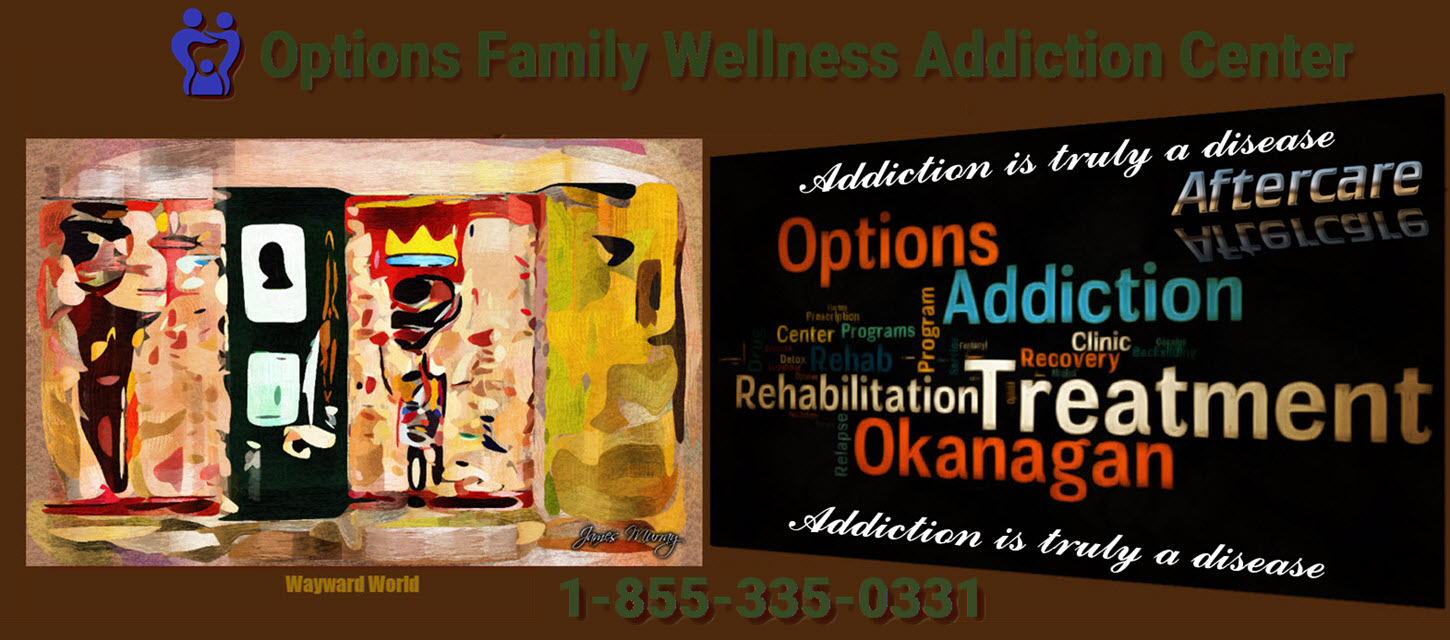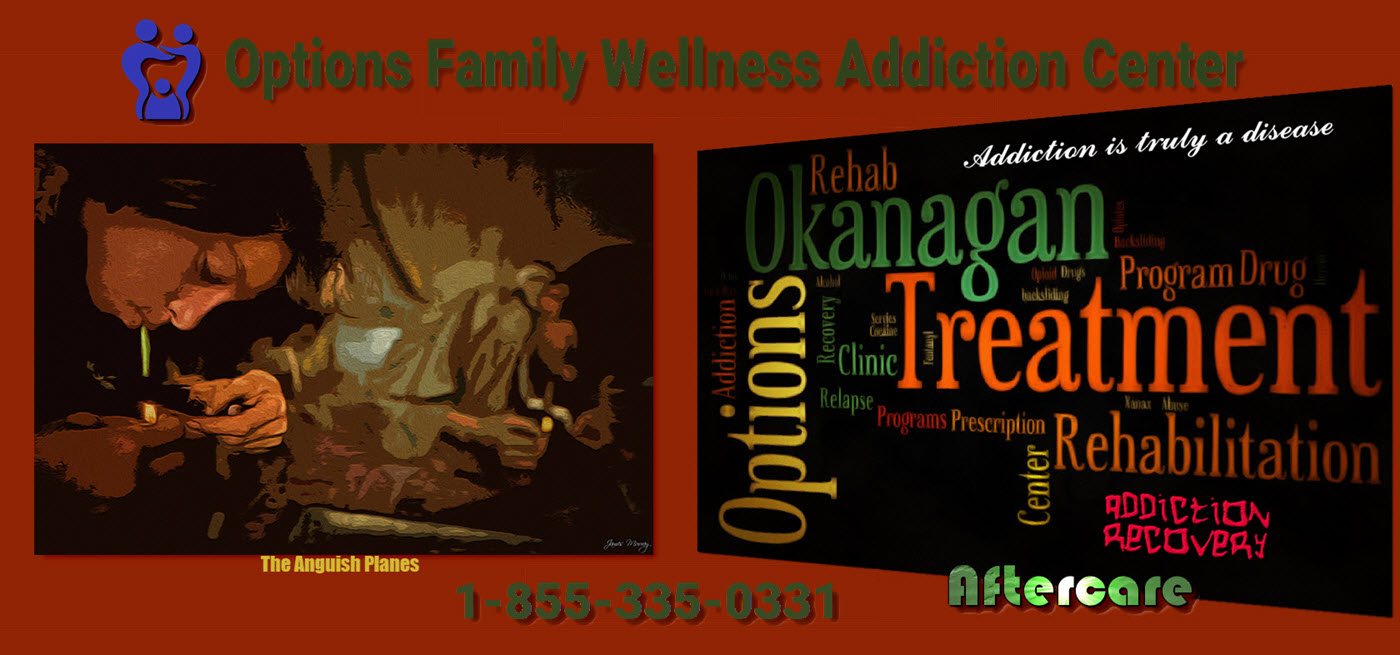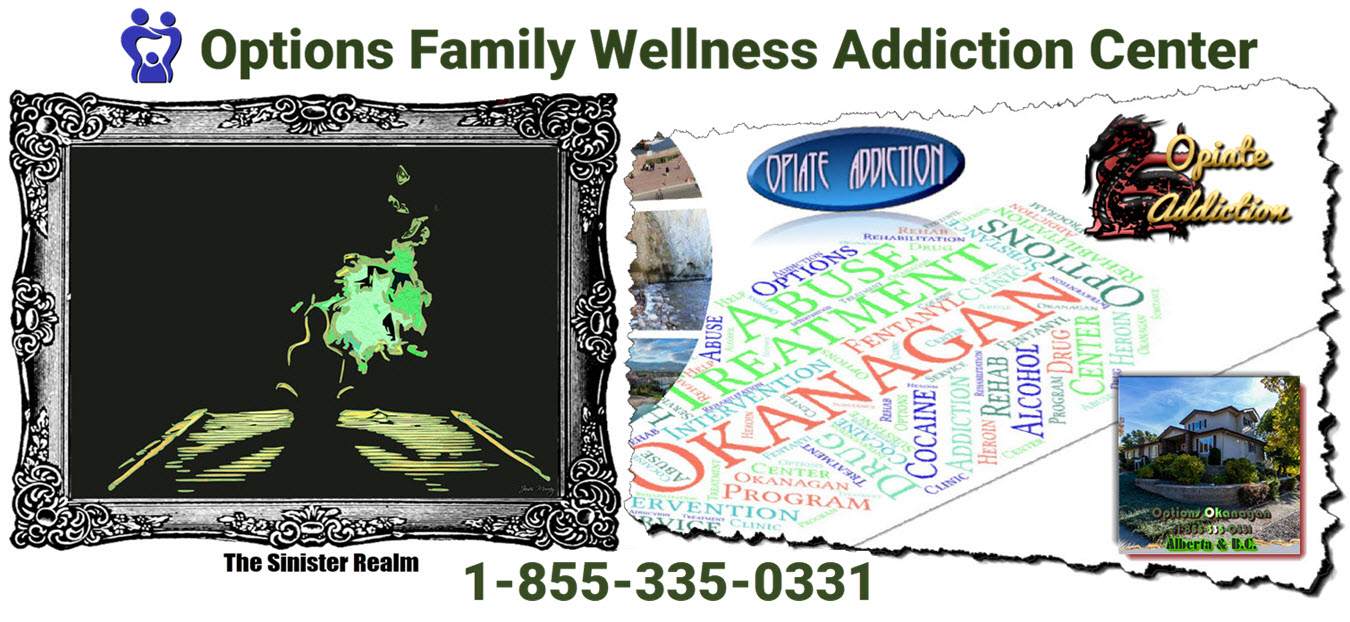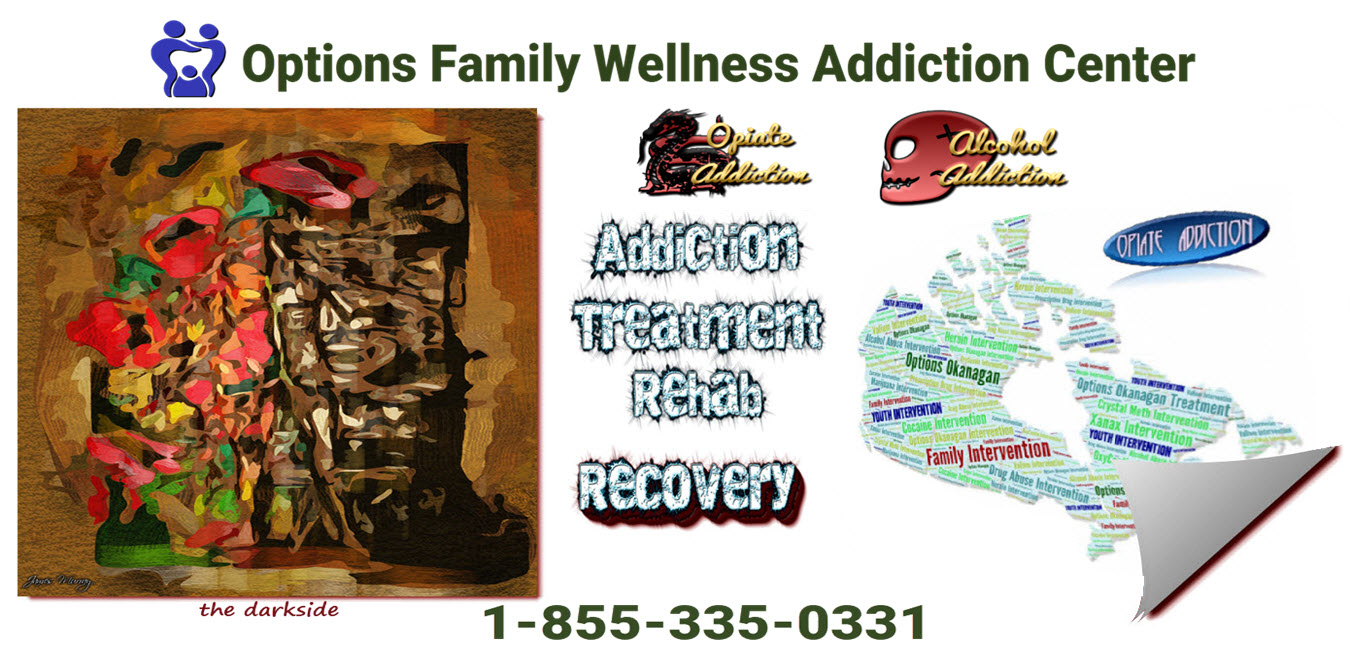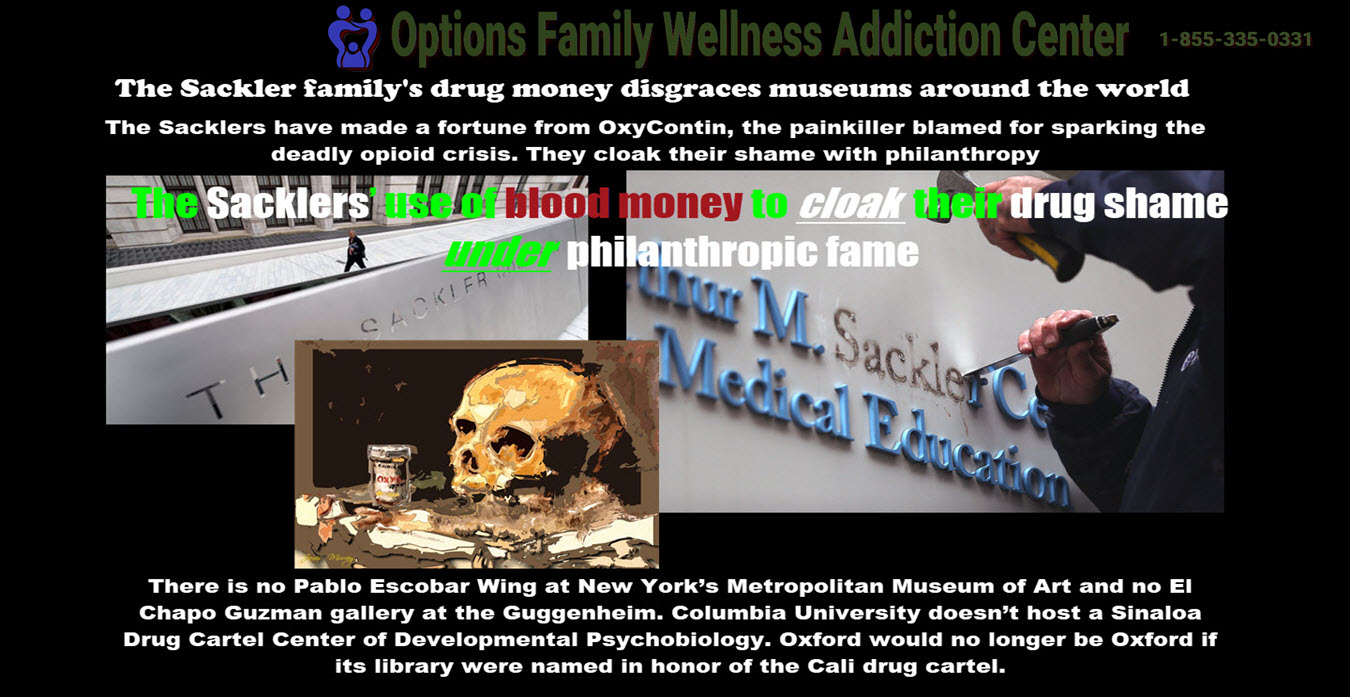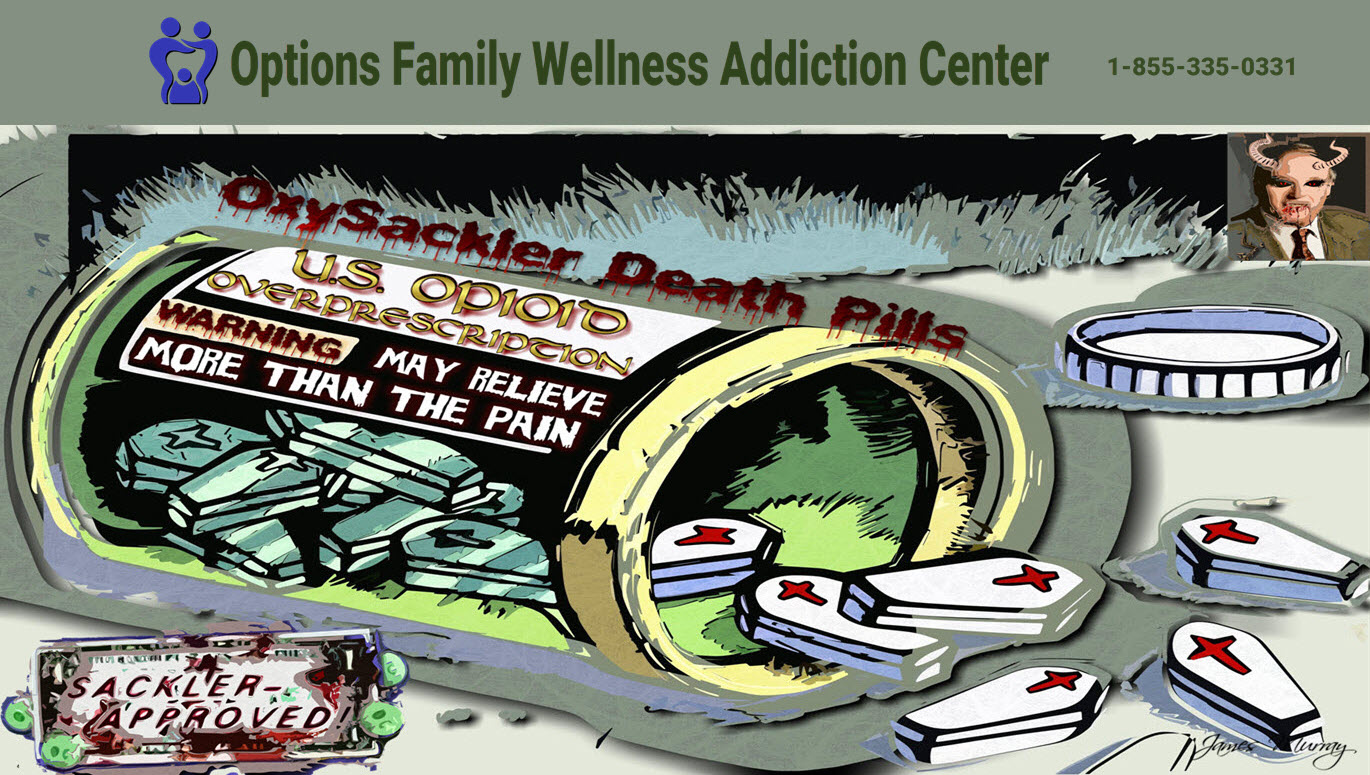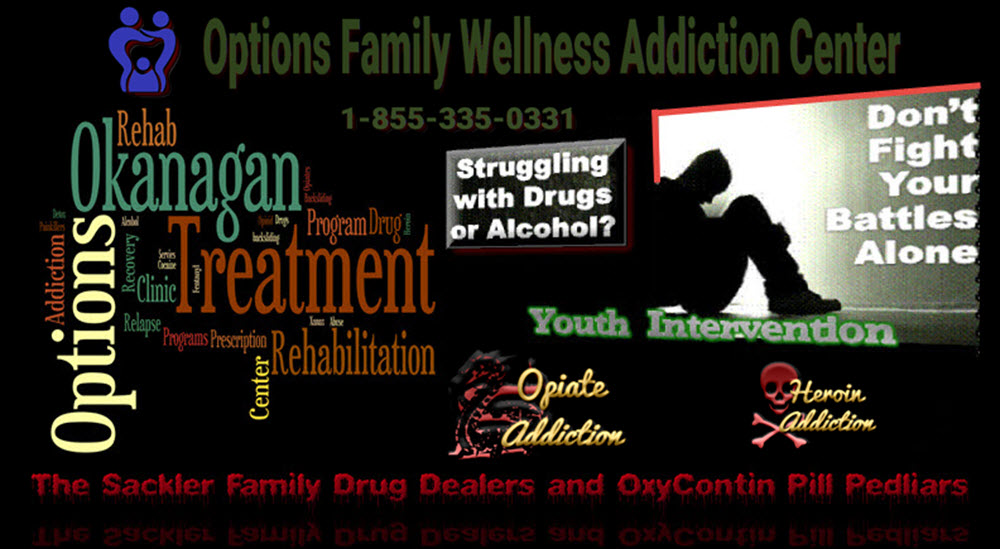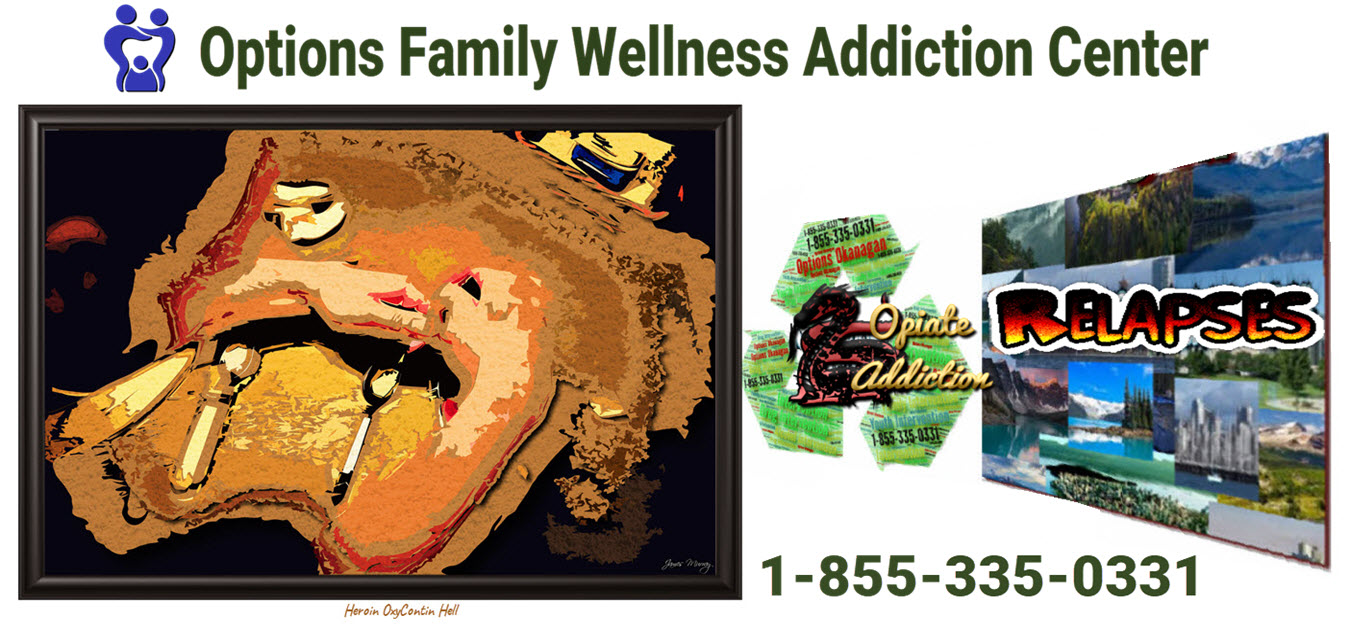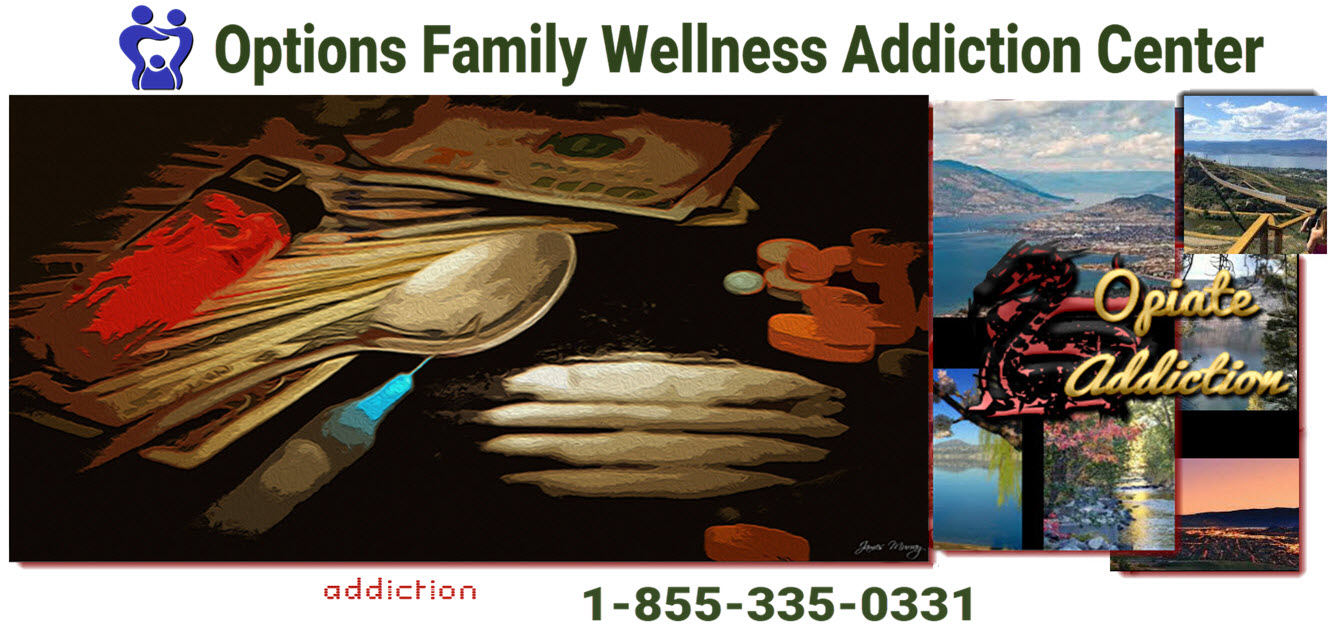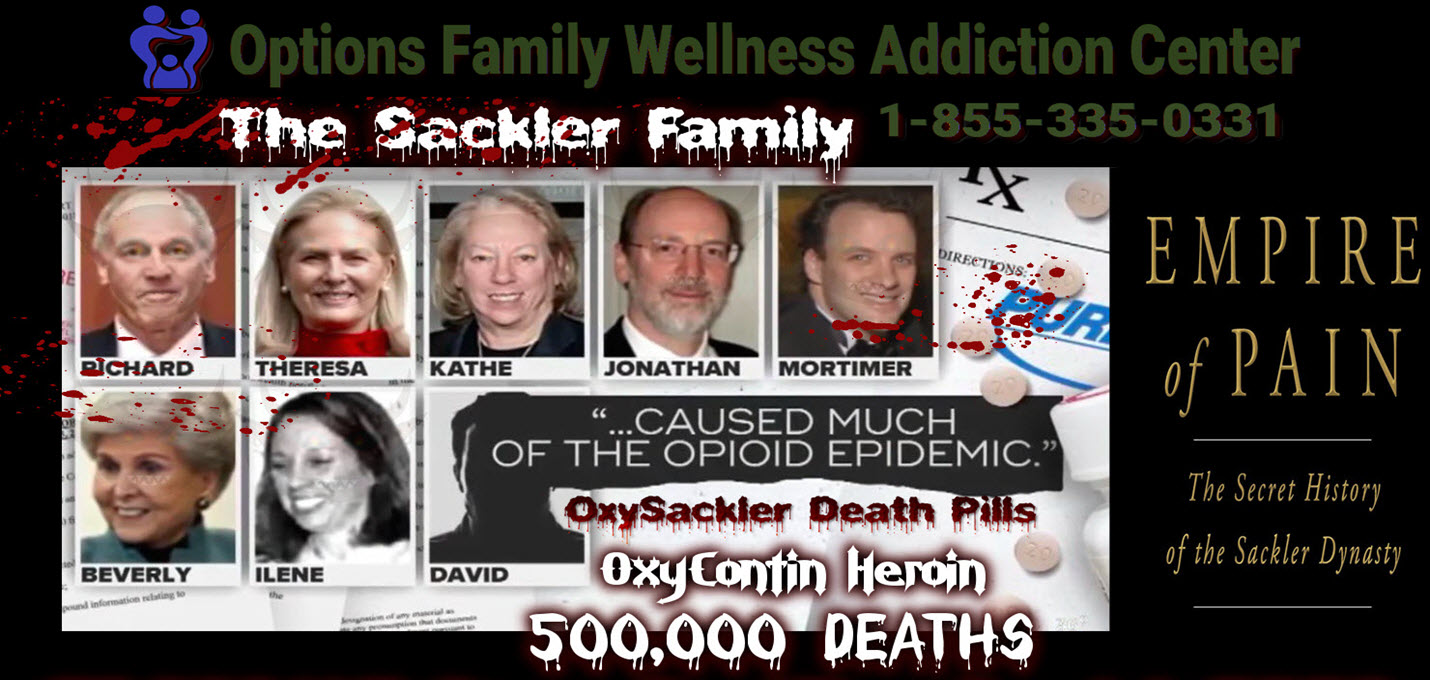One Simple Trick to Beat Addiction – Are You Brave Enough to Try it? Drug addiction treatment programs for recovering addicts in British Columbia and Alberta – Options Family Wellness Addiction Center in Kelowna, British Columbia treating drug and alcohol addiction and recovery.
Opioid Treatment Center In BC
Relapse in Drug or Alcohol Addiction: Common Triggers for Men
Relapsing is a common and unfortunate occurrence in addiction recovery, and it can make the progress of recovery much harder. It’s important to note, however, that relapse can happen to anyone and is a natural part of the addiction recovery process, much like how someone who has fought cancer and nearly beat it can still experience its effects from the aftermath of medical treatments.
For men dealing with addiction and dependence, there are several common triggers that can lead to relapse. Below, we’ll explore some of these triggers and how they can be addressed.
Undiagnosed Disorders
Studies have shown that over half of men who suffer from alcohol, drug, or substance dependence are also struggling with one or more potential psychiatric or emotional conditions that may contribute to their relapses. These underlying undiagnosed disorders can lead to self-medication with drugs or alcohol. If these disorders are not addressed, the likelihood of relapse increases.
Lack of Proper Support
Men may also relapse if they lack proper support during challenging life events or moments of celebration. For example, ending a relationship, leaving a job, or other stressful events can bring about feelings of shame, guilt, and discouragement. Without the right support, men may turn to their former habits and addictions to seek solace. Research has shown that men are more likely to use alcohol to celebrate than women.
Avoiding Support Groups
Some men may feel less interested in participating in support groups like the 12-step process, which can lead to a lack of support when it’s needed most.
Old Environment, Friends, and Connections
Returning to old hangouts and friends who still use drugs or alcohol can make recovery more difficult. The constant presence of addiction triggers can increase the risk of relapse.
Romantic Relationships
Getting involved in intimate or sexual relationships before fully coping with addiction can be a significant trigger for relapse. If the relationship ends badly, it can leave the recovering individual at a greater risk of relapse. Even small upheavals in a relationship can cause serious setbacks before coping mechanisms have been fully restored.
It’s essential to remember that relapse does not necessarily mean total failure. Recovery from drug or alcohol dependence requires a lifetime of strength and committed efforts. Participating in a drug or alcohol rehabilitation program is an excellent way to create a strong support system and develop awareness of personal addiction triggers that can increase the risk of relapse.
If you or someone you know is struggling with drug or alcohol addiction and is at risk of relapse, seeking help is crucial. Options is a counseling service that offers qualified and experienced counselors who can provide lasting results. Don’t let this potential victory slip away; reach out to Options for help.
Relapses are common and natural part of addiction recovery, but it doesn’t have to be the end of the journey. By addressing the common triggers for relapse and seeking help, men can overcome addiction and lead fulfilling lives in recovery.
FAQ:
Q: What is relapse?
A: Relapse is when someone who has been sober or drug-free begins using again. It is a common and natural part of the addiction recovery process.
Q: Why is relapse particularly challenging for men?
A: Men who are dealing with addiction may face a number of challenges that can make relapse more likely, including undiagnosed psychiatric or emotional conditions, a lack of support, and the difficulty of leaving behind old environments and social connections.
Q: What are some common reasons why men may relapse into drug or alcohol addiction?
A: Some common reasons include undiagnosed psychiatric or emotional conditions, lack of proper support, difficulty leaving behind old environments and social connections, using alcohol or drugs to celebrate success, and romantic relationships.
Q: Is relapse a failure?
A: No, relapse is a natural part of the recovery process and can happen to anyone. It’s important to remember that a relapse does not mean that the person has failed and cannot recover. Rather, it is an opportunity to learn and improve their coping strategies.
Q: What can individuals do to prevent relapse?
A: Participating in a drug or alcohol rehabilitation program can help create a strong support system and increase awareness of personal addiction triggers. It’s also important to have a plan for how to handle challenging events and emotions without turning to substance use.
Q: How can men prevent and overcome relapse?
A: One way to prevent relapse is to participate in a drug or alcohol rehabilitation program, which can help create a strong support system and increase awareness of personal addiction triggers. It’s also important to seek help if you or someone you know is struggling with addiction.
“Breaking the Chains of Addiction: One Man’s Struggle to Overcome”
Here are some books related to relapse in drug or alcohol addiction by men:
“The Big Book of Alcoholics Anonymous” by Bill W. and Dr. Bob – This is a classic recovery book that has helped countless individuals overcome addiction. It includes personal stories of recovery, as well as practical advice for staying sober and avoiding relapse.
“The Recovery Book: Answers to All Your Questions About Addiction and Alcoholism and Finding Health and Happiness in Sobriety” by Al J. Mooney, Catherine Dold, Howard Eisenberg, and Harry L. Haroutunian – This comprehensive guide offers information and advice on all aspects of addiction and recovery, including relapse prevention strategies.
“Unbroken Brain: A Revolutionary New Way of Understanding Addiction” by Maia Szalavitz – This book takes a fresh approach to addiction, challenging traditional notions of addiction as a moral failing or disease. It offers insight into the science of addiction and how understanding it can help prevent relapse.
“Clean: Overcoming Addiction and Ending America’s Greatest Tragedy” by David Sheff – This book is a powerful memoir that chronicles the author’s struggle to help his son overcome addiction. It offers a personal perspective on the challenges of recovery and the importance of support for avoiding relapse.
“Rewired: A Bold New Approach To Addiction and Recovery” by Erica Spiegelman – This book offers a holistic approach to addiction recovery, focusing on the mind, body, and spirit. It includes practical tools and techniques for avoiding relapse and living a healthy, fulfilling life in recovery.
Each of these books offers valuable insights and strategies for preventing relapse in drug or alcohol addiction by men.
“From Addiction to Recovery: A Journey of Resilience and Hope”
Relapse, a word that strikes fear and shame
But it’s a natural part of the recovery game
Men face their own unique struggles and stress
Leaving them vulnerable to old habits and mess
Undiagnosed conditions may fuel the fire
With no relief in sight, they turn to the wire
Lack of support can leave them feeling alone
Challenges too much, they crave the old zone
Success can bring happiness and pride
But celebrations with drugs, a dangerous ride
Old friends and connections can’t be ignored
Triggers everywhere, relapse is restored
Romantic relationships, a slippery slope
Heartbreak and pain, they can’t cope
But recovery is not a one-time win
It’s a lifelong journey, through thick and thin
Let’s break the stigma and embrace the fact
That relapse is natural, it’s not a final act
With help and support, men can recover
A second chance, a new life to discover.
Options Opiate and Alcohol Treatment Center in Kelowna, British Columbia – Men and Women are recovering and healing from Alcohol and Drug Abuse at our treatment center here in the Okanagan right now.
Our unique and distinctive Opiate Drug and Alcohol treatment program allow men and women to come in from Calgary as well as Edmonton as we offer airport pickup.
Numerous clients come to us from Vancouver, Calgary, and Edmonton and other locations in Alberta and even other provinces for Opiate addiction treatment, heroin drug treatment, many other drug and alcohol addictions for rehabilitation because of the uniqueness of our treatment center.
Options Family Wellness Addiction Center
551 Sherrydale Crescent, Kelowna, British Columbia, V1V 2E6
Toll-Free Phone Number: 1-855-335-0331

